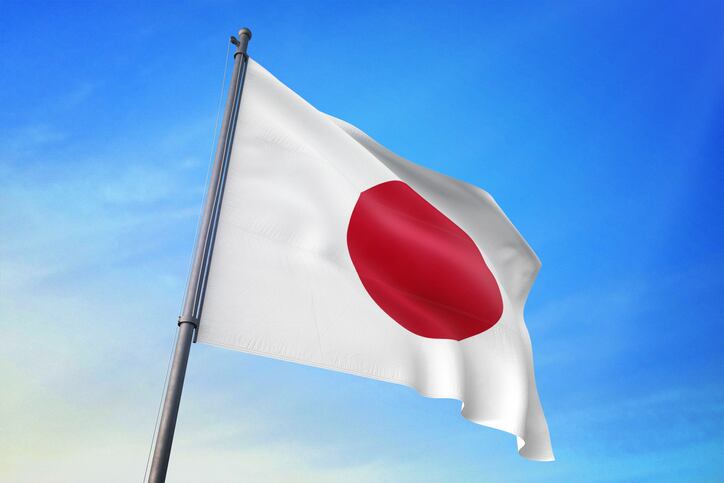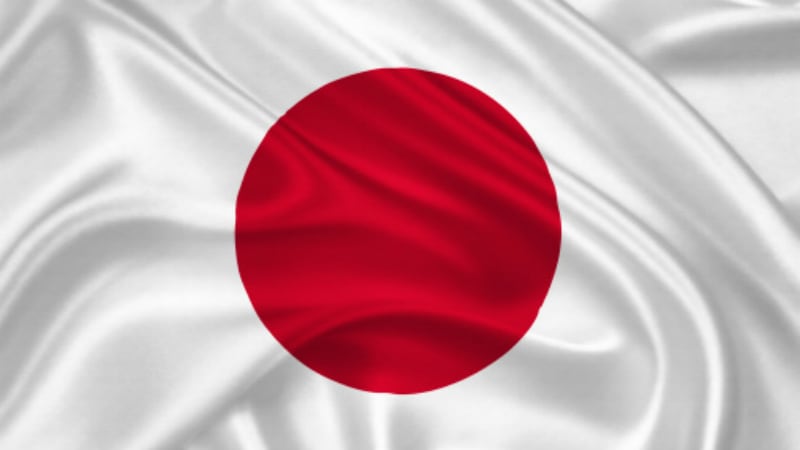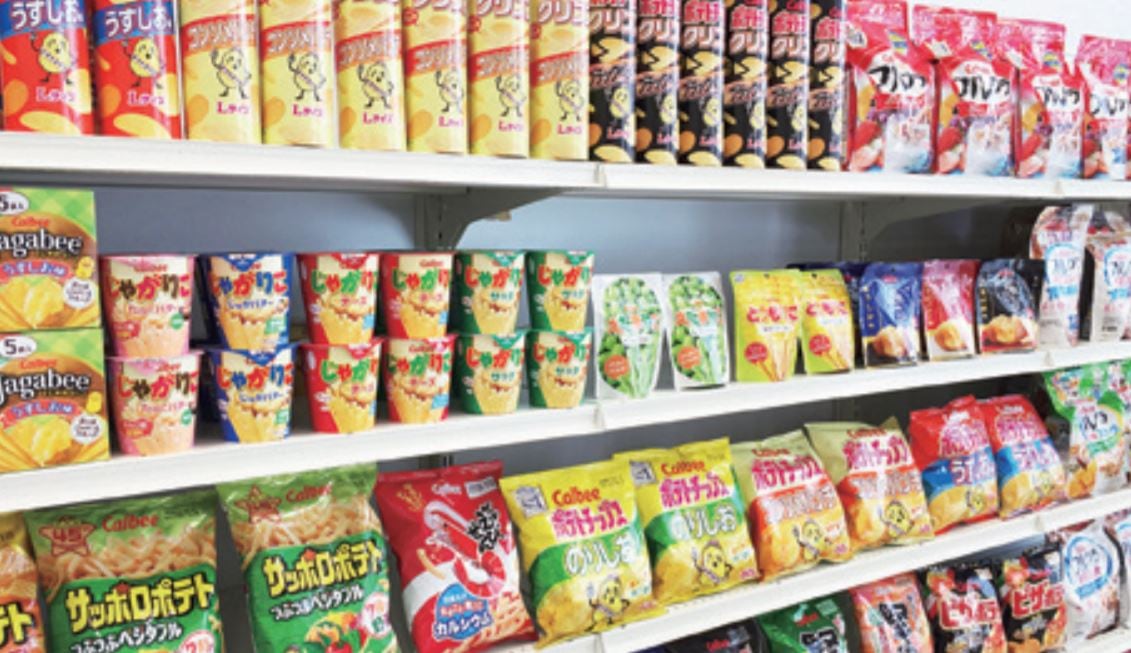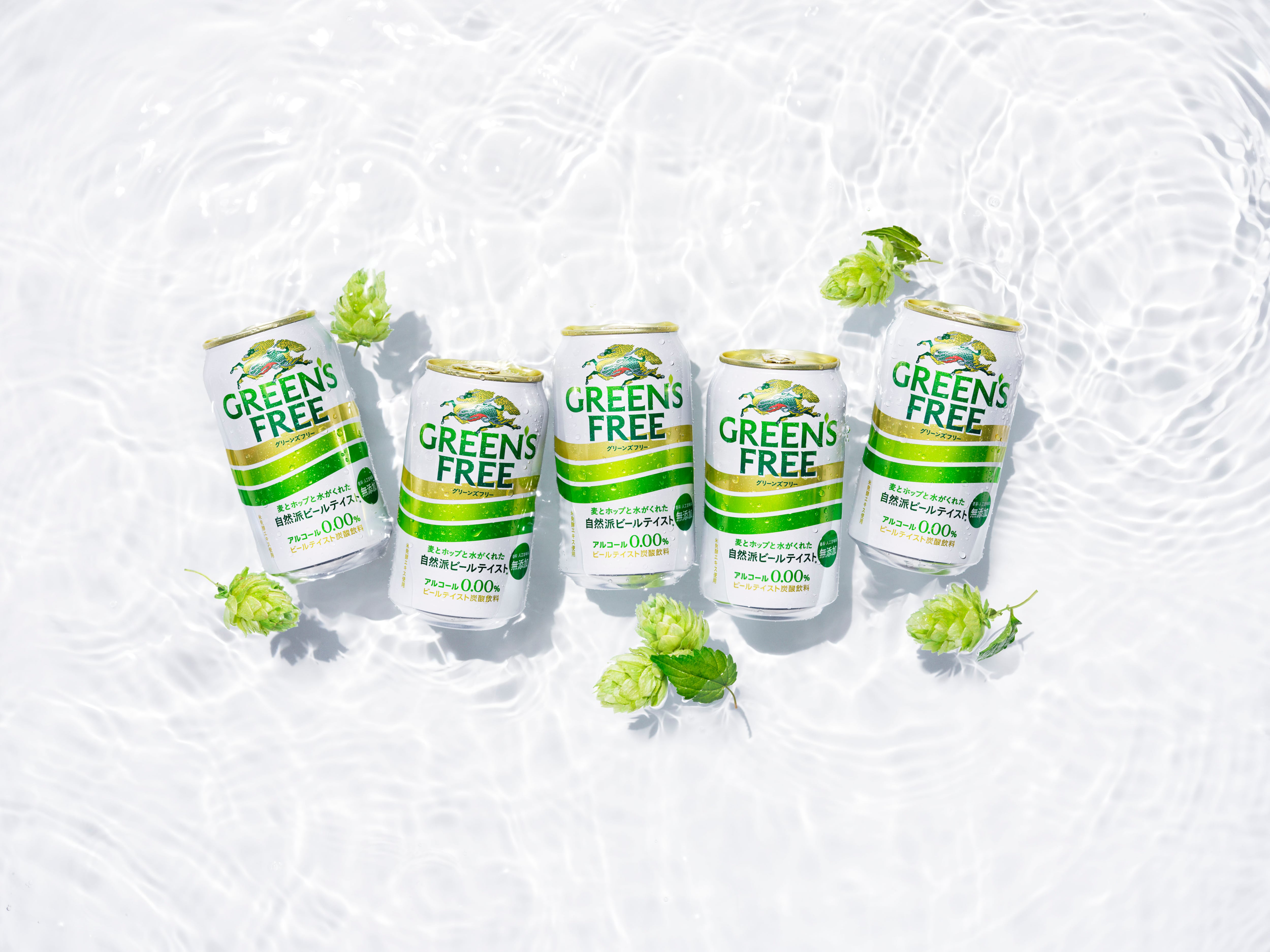On April 16, Japan’s Prime Minster Shinzo Abe declared a nationwide state of emergency in all 47 prefectures, in a bid to contain the spread of the novel coronavirus (COVID-19).
PM Abe explained it was not a lockdown, and essential services like clinics, pharmacies, transportation, banks, post offices, delivery services, supermarkets and convenience stores would continue to operate. There are no restrictions on going out to purchase daily necessities.
The government is, however, encouraging food services such as bars, clubs, to suspend their businesses and restaurants to limit their operating hours.
According to the F&B companies FoodNavigator-Asia spoke to, manufacturing is considered an essential business, and most are still operating.
Beverage giants
Over at Sapporo Breweries, production is continuing for the beer and beverage giant. However, Yasuhiro Nagumo, manager of the public relations department, told us that the market was changing.
“Products for restaurants have been affected by requests to refrain from going out. On the other hand, household canned products are showing strong sales.”
Most of the company’s employees are teleworking, except those in production factories.
Asahi has also seen a decrease in the food service sector, the company’s public relations manager, Kristin Chiu told us., but production has not been affected.
At Kirin Holdings, Ataka Takashima from the corporate communication division, said there were no disruptions to production, logistics, and ingredients.
Takashima added: “We will support the daily lives of consumers by taking measures to prevent infection and fulfilling our social responsibility to manufacture and supply food and pharmaceuticals.”
The Coca-Cola Company, meanwhile, says it is following the government’s guidance in Japan, and continuing to operate business as usual from supply chain to retail channels.
The company said in a global official statement: “Since the coronavirus outbreak began, we have been focused on ensuring our products are delivered safely to the stores and communities that need them, while taking every precaution to protect our employees’ well-being.
“Local grocery stores, retailers and restaurants are working hard to ensure families can get the food, beverages and supplies they need during this challenging time. We are doing everything we can to support these businesses and everyone they serve.”
Dairy and seasonings
At dairy company Megmilk Snow Brand, production of its yoghurt, and dairy products are continuing as normal.
Masanori Sagara, manager of the public relations and investors relations department, told us the company was reducing the number of people working together in small areas to curb the spread of the virus.
For KewPie Corporation, mostly known for its mayonnaise and salad dressings, production and distribution continue as planned. In fact, in February, the company expandedd sales of its food with function claim (FFC) salad dressings nationwide, previously it was only available in five prefectures.
PR officer Atsuko Udagawa told FoodNavigator-Asia: “If anything, the expansion of the sales area has had a large effect, and in February and March it was about three times higher than the year before.”
Over at Ajinomoto, Daisuke Nakamiya, from the global communications department, said many products were in short supply in the food market, including some of its raw materials from China. However, he assured: “We continue to produce seasonings and foods, with great care, as much as possible.”
He added that new products would continue to be launched, albeit with some delays.
Similar to other food companies, Ajinomoto said sales of its food service products had dropped as people refrained from going out, but household products were growing.
Long shelf life products
Nissin Foods Holdings, producer of instant noodles and other products, said demand for long shelve life products had been rising.
“Certainly, the demand for our products in the market is increasing, and the orders which we receive have been also increasing,” Haruka Aoki, the company’s chief of corporate communication division said.
According to data collected by Nikkei POS, about 7.19 million cup-type instant noodle packages were sold in Japan’s supermarkets in March, a 13% increase from the previous year.
Aoki told us: “We continue to operate our factories and increase production to ensure a stable supply of products.”
Canned food sales are also growing at Hotei Foods, which has not seen a noticeable impact on its supply chain at this stage.
More to follow
The emergency order is in effect until May 6.
Earlier on April 7, PM Abe had declared a state of emergency limited to seven prefectures, Tokyo, Kanagawa, Saitama, Chiba, Osaka, Hyogo and Fukuoka before extending it nationwide.
Hokkaido was the first to declare its own state of emergency on February 28, ahead of the central government’s announcement, and lifted it on March 19. However, it is now seeing a second wave of infections and has since issued a joint emergency declaration with Sapporo.




